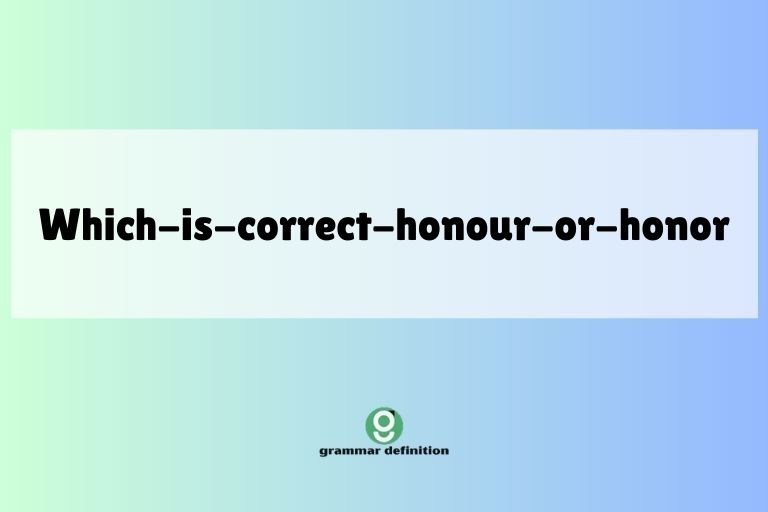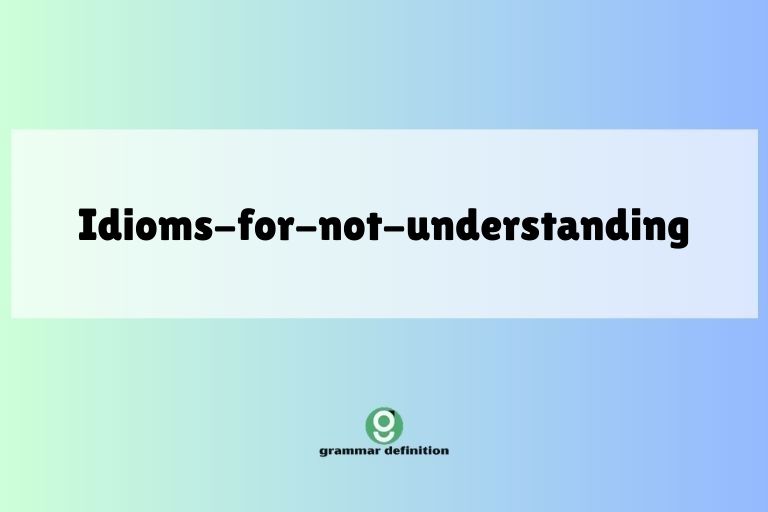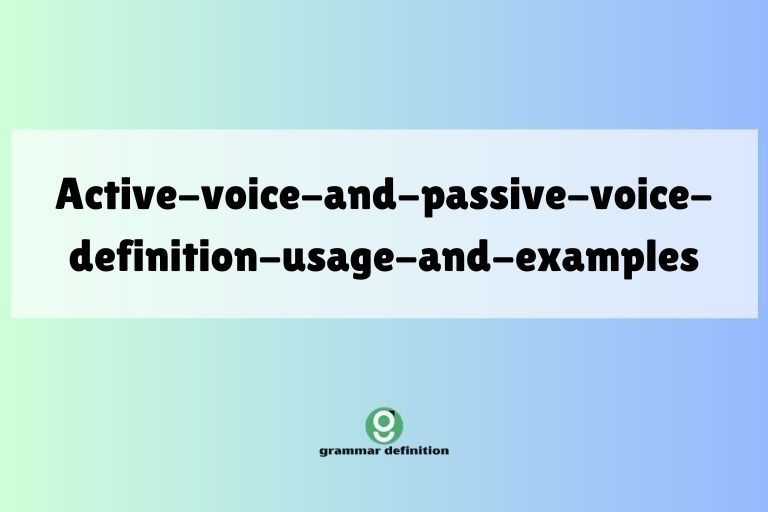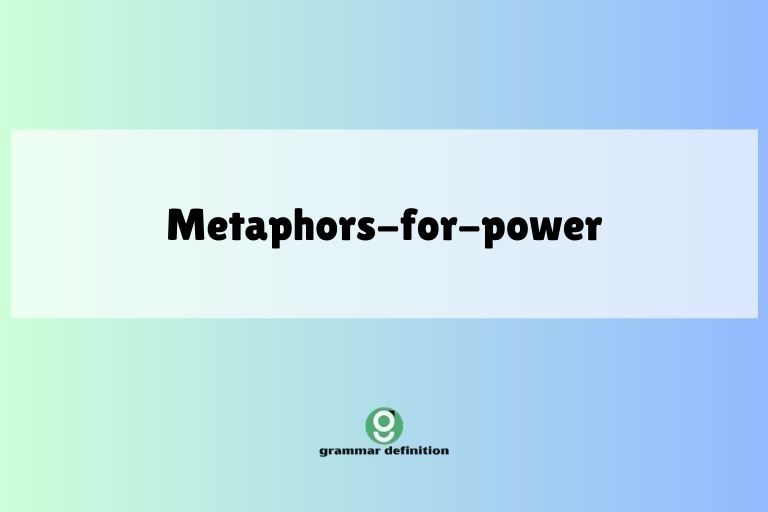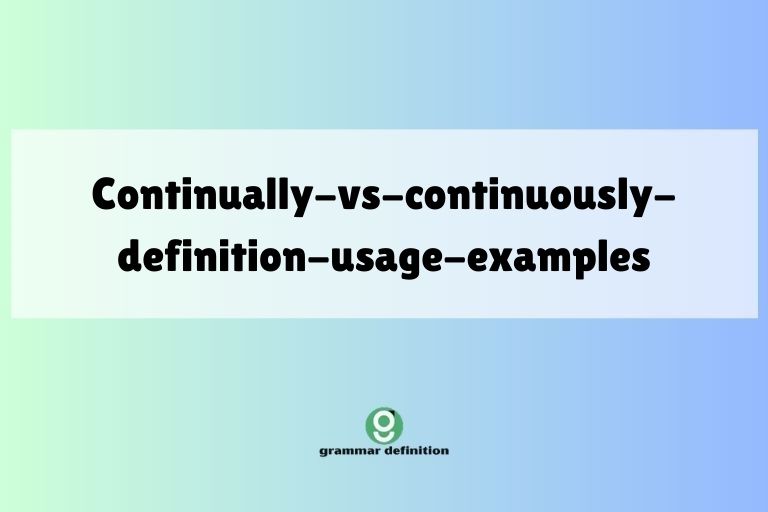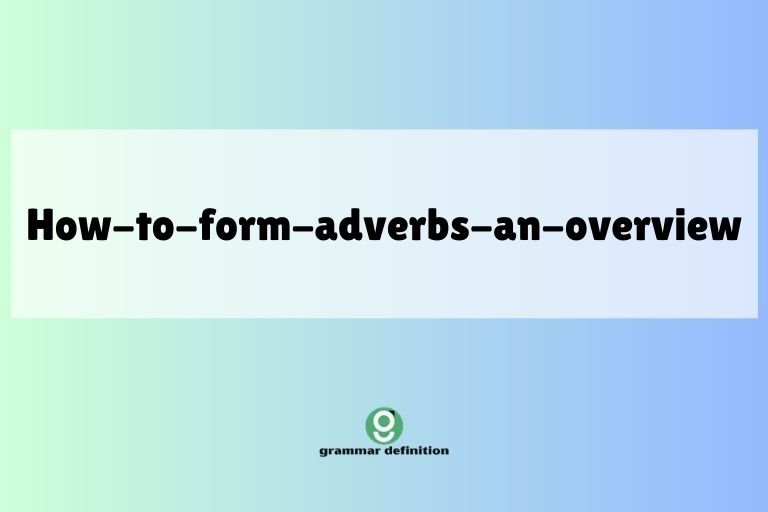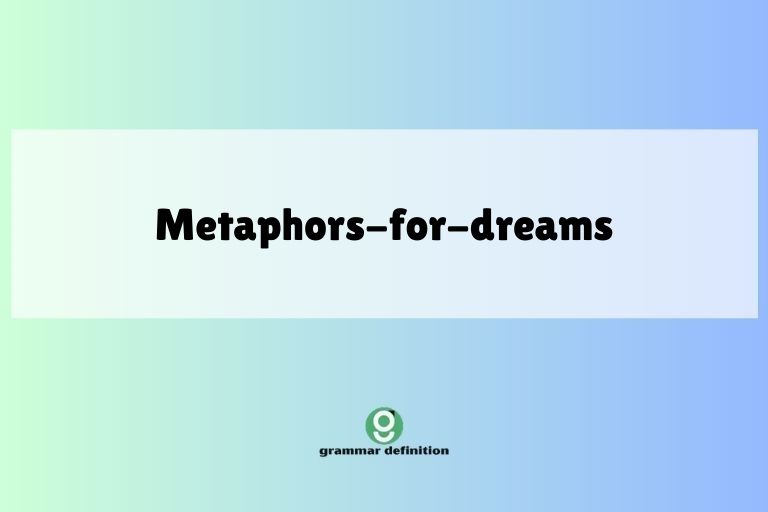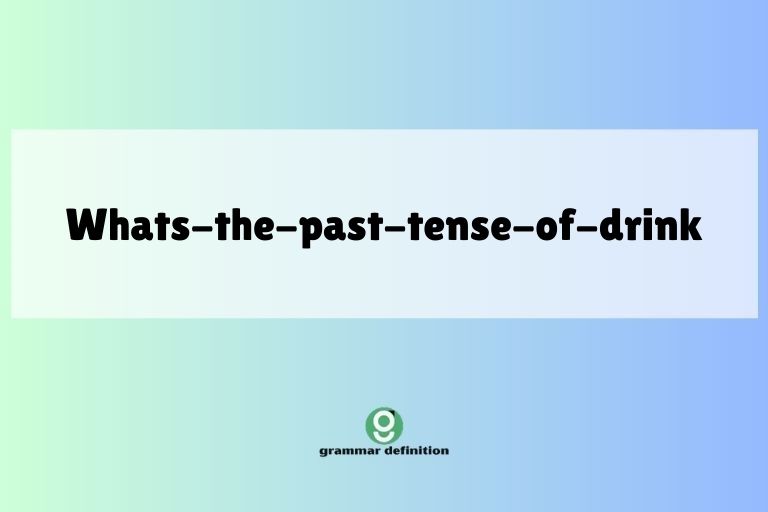Honour vs. Honor: Which Spelling is Correct?
The English language, rich and diverse, often presents subtle variations that can puzzle even native speakers. One such instance is the spelling of the word meaning “respect” or “integrity”: should it be spelled “honour” or “honor”? Understanding the difference between these two spellings is crucial for effective communication, especially in formal writing. This article will … Read more

